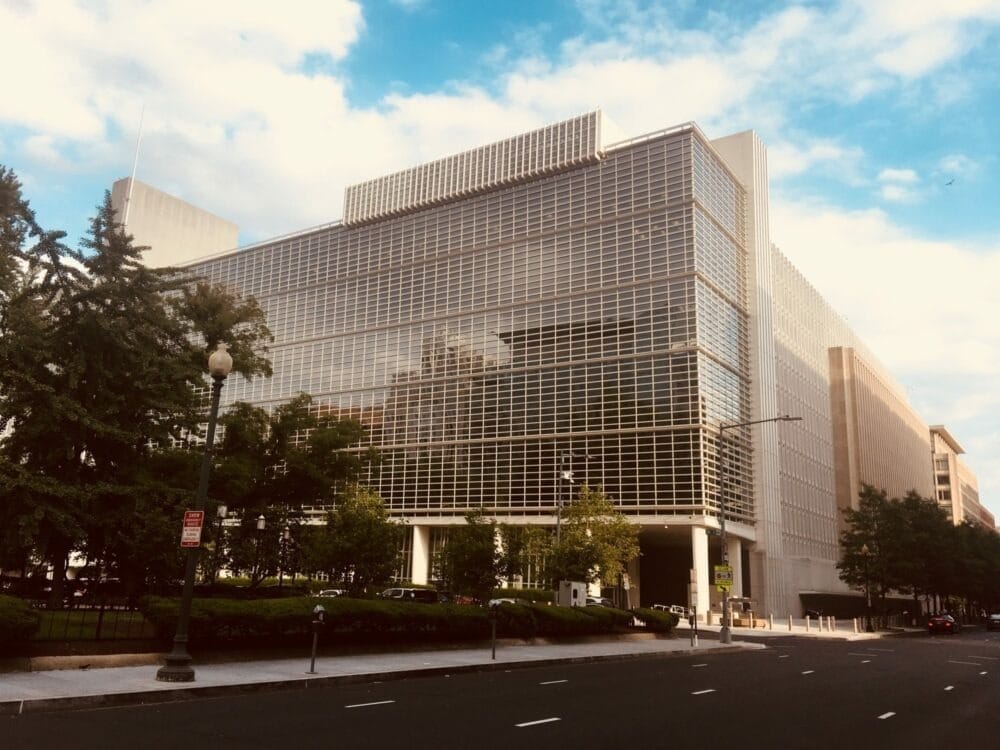WASHINGTON (AN) — World Bank President Jim Yong Kim's surprise departure at the start of February sets up an unexpected test for an international organization at the crux of international development.
The ball is in U.S. President Donald Trump's court to name a replacement. Kim's sudden announcement that he will leave his post three years before his term was set to expire has stirred trepidation in the development community.









